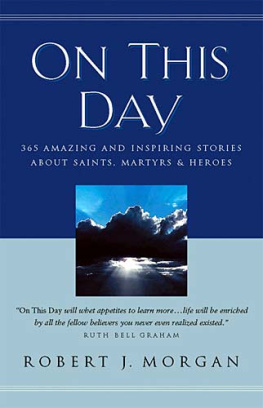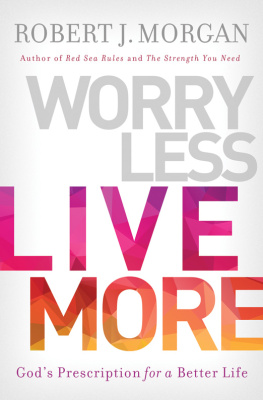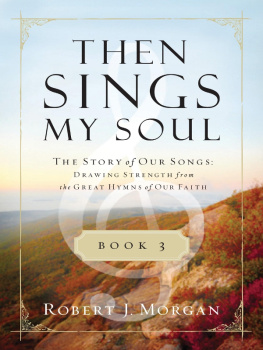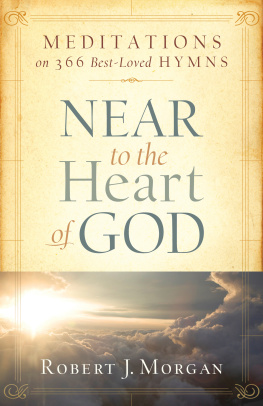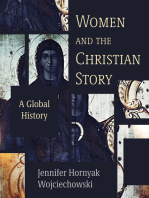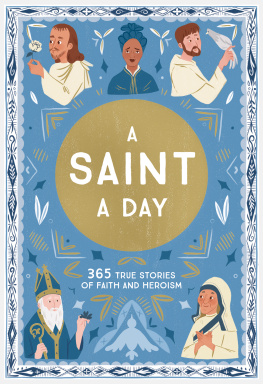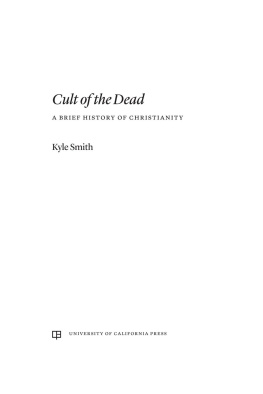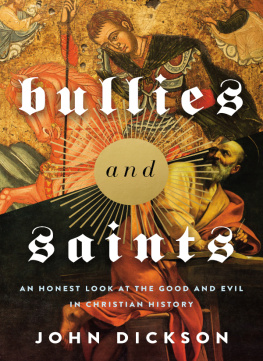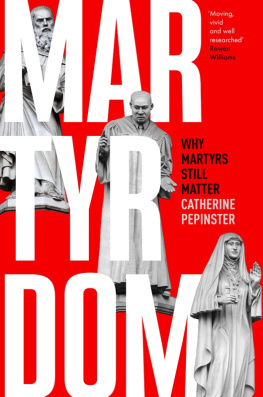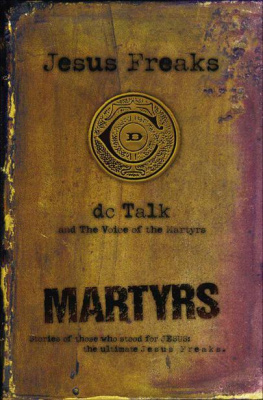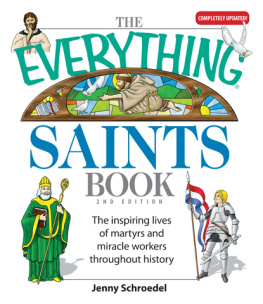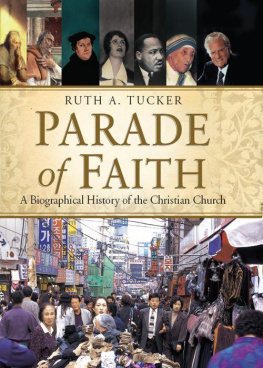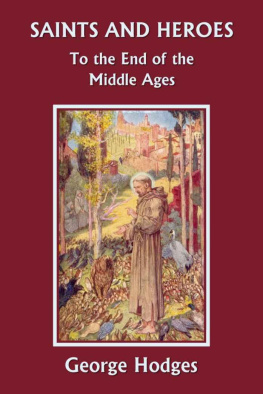
Verse by Verse
When preached simply and purely, verse-by-verse and book-by-book, the Bible can change lives and transform history. Just ask Zwingli.
Ulrich Zwingli was born on January 1, 1484, in a Swiss shepherds cottage in the Alps. His parents instilled in him a love for God. The young man proved a brilliant student, and following a brief stint as a schoolteacher he entered the priesthood. For ten years he labored in the village of Glarus, and there he began corresponding with the famous Greek scholar Erasmus.
The Swiss church was bubbling with corruption during this time. In 1516, when Zwingli moved to Einsiedeln, he, too, was struggling hard with sin. In his new village, the young priest fell into an intimate relationship with the barbers daughter. But it was also in Einsiedeln that he borrowed a copy of Erasmuss newly published Greek New Testament. Zwingli copied it. Carrying it everywhere, he pored over it continually and scribbled notes in the margins and memorized it. The pure Scripture began doing its work, and Zwinglis life and preaching took on new vigor. Soon he was invited to Zurich as chief preacher in the cathedral.
He arrived on December 27, 1518, and began his duties on his thirty-sixth birthday, January 1, 1519, with a shock. He announced that he would break a thousand years of tradition by abandoning the church liturgy and the weekly readings as a basis for his sermons. Instead, he would teach verse-by-verse through the New Testament, beginning immediately. He proceeded to preach that day from Matthew 1 on the genealogy of Christ.
Such preaching was radical in its day, but Zurich loved it. Zwinglis concern for the citys youth, his courage during the plague, and his cheerful temper dispelled initial doubts about his reformation ideas. Later, when opposition arose, Zurichs City Council and 600 other interested citizens gathered to evaluate his actions. The assembly (the First Zurich Disputation, 1523) affirmed Zwingli and encouraged his work. Lives were changed; history was made. The Swiss Reformation had begun.
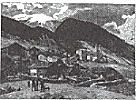
Jesus Christ came from the family of King David and also from the family of Abraham The Lords promise came true, just as the prophet had said, A virgin will have a baby boy, and he will be called Immanuel, which means, God is with us. Matthew 1:1,22,23
Famous or Faithful?
Not many of you came from important families, Paul told the Corinthians. Not many, perhaps, but somelike the one born three centuries after Christ in a wealthy Christian home in Caesarea of Cappadocia (Turkey). His parents named him Basil, meaning Kingly. They sent him to the finest schools in Constantinople and Athens, and Basil graduated with honors. He thought highly of himself and returned home dreaming of becoming great in public life. But his sister, who led him to faith in Christ, counseled humility. Its better to be faithful before God, she insisted, than famous before men.
Basil craved a quiet life of study, prayer, and writing. He settled along the bank of the Iris River on the family estate, preaching to and helping the poor. But his stature was already so great that Emperor Julian the Apostate, though a fierce opponent of Christianity, tried to recruit him as advisor. Basil declined.
But he couldnt refuse the appeal of his own bishop, Eusebius, who warned that the church faced both imperial attacks from without and dangerous heresy from within. Basil left his quiet retreat to spend the rest of his life in public ministry. He championed orthodoxy, preaching and writing brilliant messages on the nature of Jesus Christ and the composition of the Trinity.
In 370, Basil succeeded Eusebius and proved himself a gifted bishop who organized the ministries of the church. Using his own fortune, Basil founded a hospital, perhaps the first in Christian history, for the care of lepers. He was a kind man, often personally treating the diseased. Basils complex of churches, schools, hospitals, hostels, monasteries, and almshouses outside Caesarea became a town within itself called Basiliad. His rules for monks and monasteries are used to this day in the Greek church.
Worn out before his fiftieth year, Basil died on January 1, 379. News spread like wildfire the next day, and he was mourned deeply. He is remembered every January 2, which is designated in Western tradition as the Feast Day of St. Basil the Great.
Everyone should be humble toward everyone else. The Scriptures say, God opposes proud people, but he helps everyone who is humble. Be humble in the presence of Gods mighty power, and he will honor you when the time comes. 1 Peter 5:5,6

Send Me to the Rough
David Brainard was a frail young man, tubercular, sickly, and easily depressed. He longed to reach the Indians of Colonial America, but his first venture to a tribe in Massachusetts was fraught with danger. Unknown to him, his every move was monitored by warriors intent on killing him. But as they raised their bows, they saw a rattlesnake slithering alongside him, lifting its head, flicking its tongue, preparing to strike. Suddenly the snake uncoiled and glided away. The warriors attributed Brainards safety to the Great Spirit.
But the incident didnt lead to sustained evangelistic fruitfulness, and Brainards missionary work in 1743 saw little success. His despondency increased during Christmas. He wrote, I was very fatigued with my journey, wherein I underwent great hardships; much exposed and very wet by falling into the river. The next year was no better; he grew even more depressed.
On January 3, 1745, Brainard set aside the entire day for fasting and prayer, pleading for an outpouring of spiritual power. He claimed the promise in John 7: Have faith in me, and you will have life-giving waters flowing from deep inside you.
Then he preached repeatedly from John 7, and the unfolding year proved the most fruitful of his ministry. His interpreter, an alcoholic named Tattamy, was converted. An immediate change seemed to transform Tattamys life and his translating of Brainards sermons. Scores of Indians were saved and baptized.
Brainard grew weaker, and in 1747 he died at age 29 in the home of Jonathan Edwards. But his story moved his generationHenry Martyn, William Carey, Adoniram Judsontoward missions. His diary became one of the most powerful Christian books in early American history, containing such entries as this one: Here am I, send me; send me to the ends of the earth; send me to the rough, the savage pagans of the wilderness; send me from all that is called comfort on earth; send me even to death itself, if it be but in Thy service and to promote Thy kingdom.

On the last and most important day of the festival, Jesus stood up and shouted, If you are thirsty, come to me and drink! Have faith in me, and you will have life-giving water flowing from deep inside you, just as the Scriptures say. Jesus was talking about the Holy SpiritJohn 7:37-39a
The Tongue Screw
Travel brochures of the Netherlands tell of windmills, dikes, and boys named Hans with their silver skates. But the years 1531 to 1578 were not so peaceful. Hundreds of Protestants were slaughtered, including a young man named Hans.
Next page
